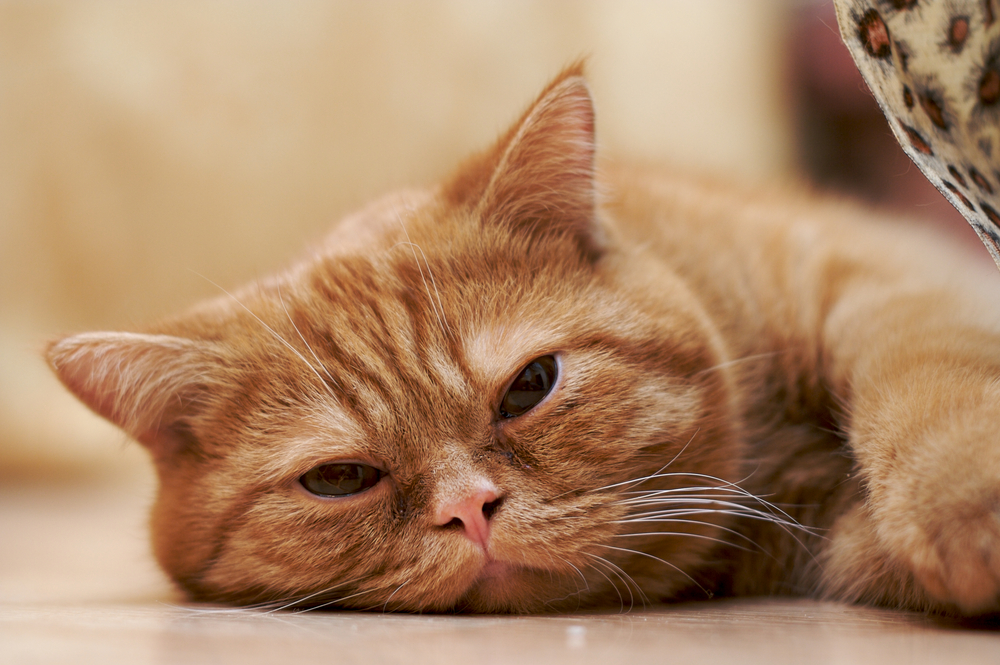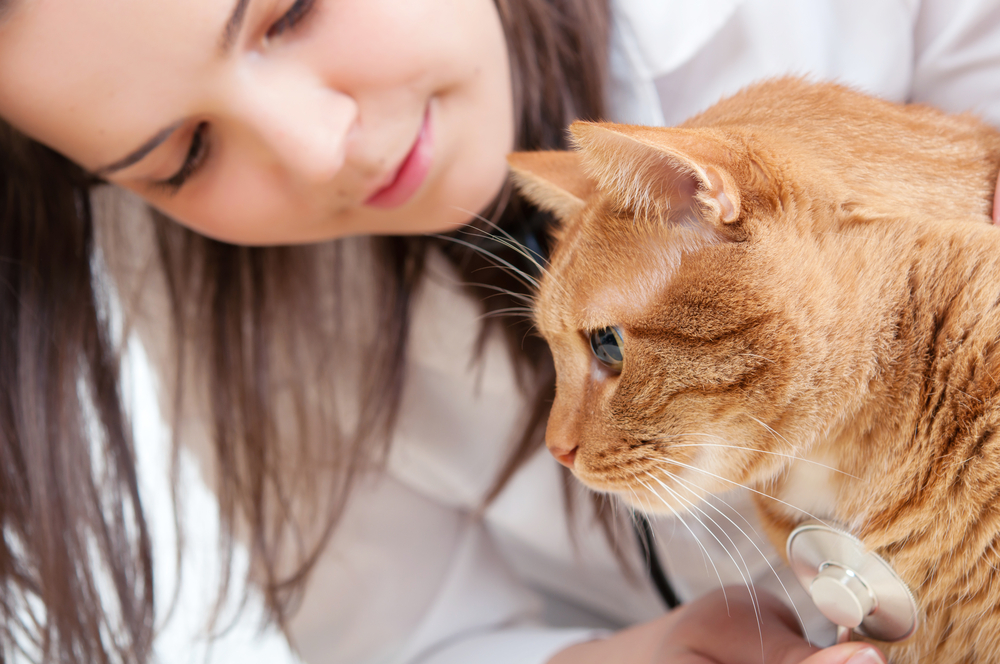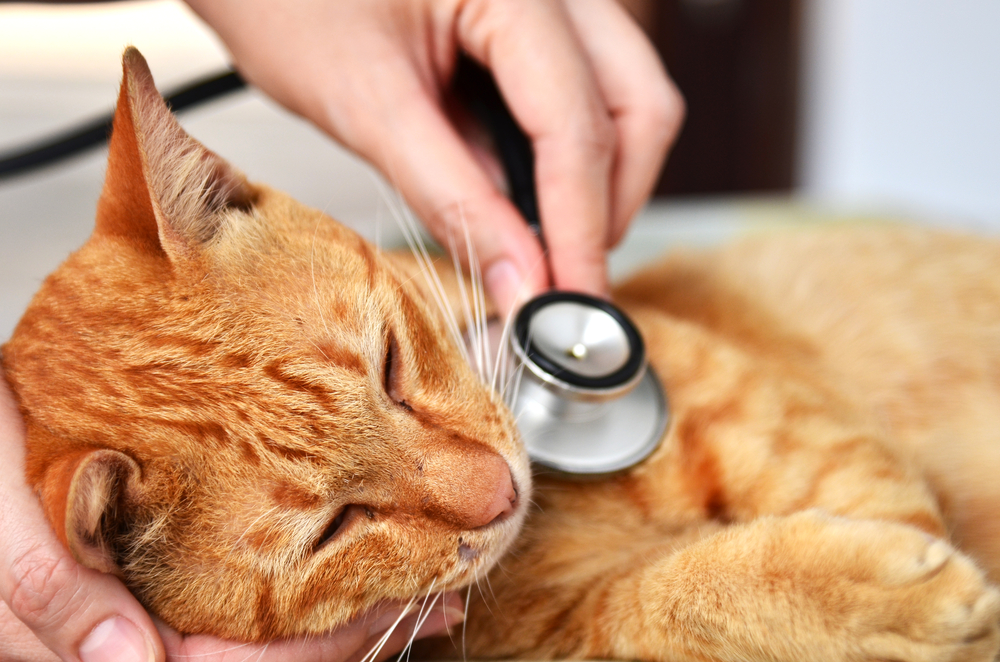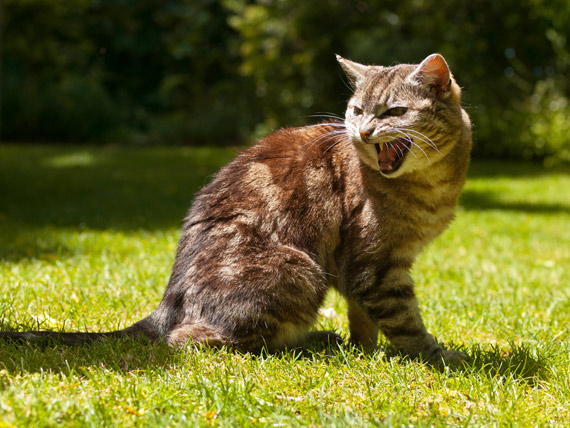
Swelling of the soft connective tissues in an animal's mouth is referred to as an oral or salivary mucocele. The swelling appears like a mucus-filled sack and is more than three times as likely to form in dogs than in cats. However, all cat breeds are susceptible to oral or salivary mucoceles. Treatment is generally successful and involves draining the fluid and prescription antibiotics.
If you would like to learn more about how this condition affects dogs, please visit this page in the PetMD health library.
Some of the most common signs of oral and salivary mucoceles are:
Bite wounds, ear canal surgery, blunt trauma to the face or head, and a blunt or foreign object penetrating inside the cat's mouth are all potential causes for oral and salivary mucoceles.
The diagnosis will be based on a physical examination and a thorough history of your cat. There are rarely any laboratory or blood work abnormalities associated with this condition, and imaging is rarely used to diagnose oral or salivary mucoceles. The primary objective is to rule out any abnormal cell development, abscesses from infected teeth, or other more serious causes of the inflammation.
Antibiotics are often used to help reduce inflammation and to help prevent the formation of an infection. The most common form of treatment is the non-surgical draining of the swollen area(s).
Cleaning the area surrounding the drain placement and changing bandages daily will help your cat recover quickly, as well as reduce the likelihood of any infection developing. Overall, the prognosis of this medical condition is positive.
There are currently no known preventative measures for oral or salivary mucoceles.
 Gallstones in Cats
Cholelithiasis in Cats
Gallstones are typically m
Gallstones in Cats
Cholelithiasis in Cats
Gallstones are typically m
 Fungal Infection (Aspergillosis) in Cats
Aspergillosis in Cats
Aspergillosis is an opportu
Fungal Infection (Aspergillosis) in Cats
Aspergillosis in Cats
Aspergillosis is an opportu
 Allergic Shock in Cats
Anaphylaxis in Cats
Anaphylaxis is an emergency c
Allergic Shock in Cats
Anaphylaxis in Cats
Anaphylaxis is an emergency c
 Pus Cavity Forming Under Tooth in Cats
Tooth Root (Apical) Abscess in Cats
Much like hum
Pus Cavity Forming Under Tooth in Cats
Tooth Root (Apical) Abscess in Cats
Much like hum
 Aggression in Cats (Overview)
Cats are small, and often become the target of ot
Aggression in Cats (Overview)
Cats are small, and often become the target of ot
Copyright © 2005-2016 Pet Information All Rights Reserved
Contact us: www162date@outlook.com